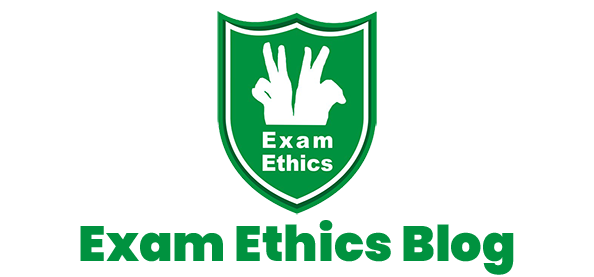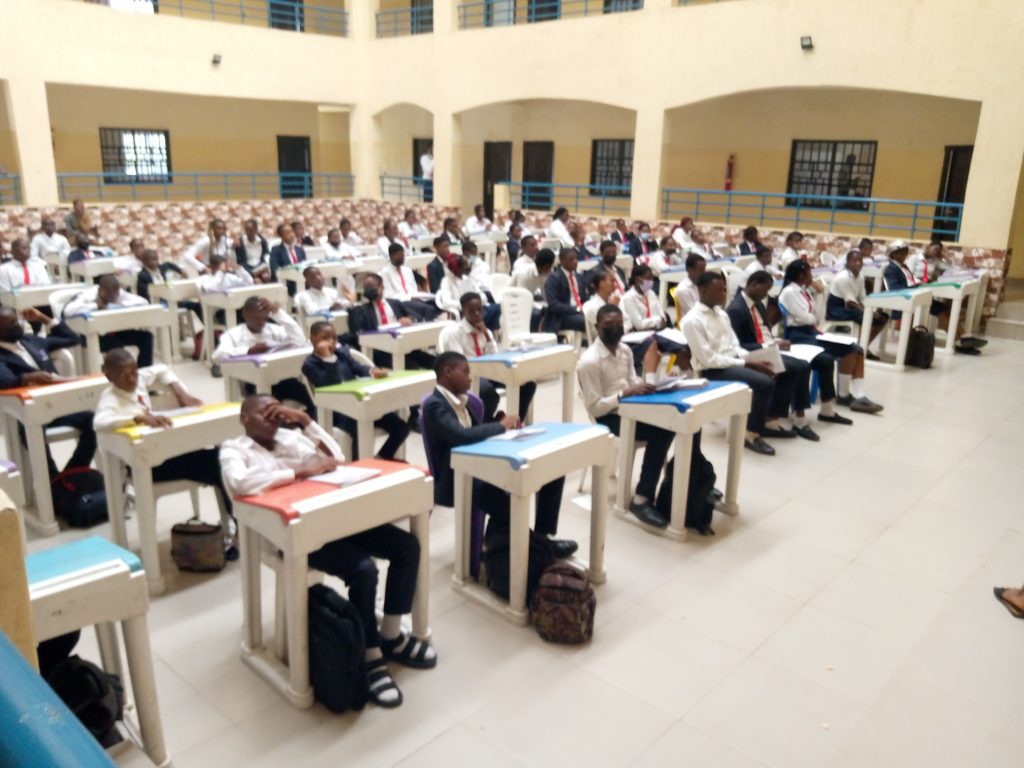This news was culled from Tribune Nigeria
June 29, 2023
WORRIED by the poor reading culture among youths, the Federal Government has said that the focus of this year’s readership promotion campaign is to get to the “hard-to-reach” rural areas on the need to encourage the children to read.
National Librarian and Chief Executive Officer of National Library of Nigeria (NLN), Professor Chinwe Anunobi, speaking in Abuja, at a readership campaign with the theme: “Reading Your Way to the Top” decried the poor reading culture in Nigeria.
She said: “Among the major factors are parents and institutions (schools). Parents should start gifting of books to their children; it will encourage them to read. We are hoping that the effort we are making yields fruit, especially in the hinterland.
“If children in the urban areas who have wealthy parents, access to qualified teachers cannot read, tell me what will happen to those in rural areas. So, we are taking the message, the campaign to the hinterland,” she said.
According to her, Nigeria will not be able to realise the Sustainable Development Goals (SDGs) when over 20 million Nigerians adult population cannot read or write.
She, therefore, called for efforts to reawaken to embrace the habit of reading with a view to eradicating illiteracy in Nigeria.
She added that the readership campaign being championed by NLN is yielding results, saying that the number of illiterates in Nigeria would have been staggering without the intervention of the national library and other stakeholders.
She added that the campaign is a continuous programme which takes place in all the 36 states of the federation including the Federal Capital Territory (FCT), Abuja.
“Since 1980 when the programme was first inaugurated, the National Library has remained focused on the aims among others to inculcating reading habit for lifelong learning beyond reading for examinations, promotions and interview purposes, but for the purpose of encouraging reading for sustainable growth and development and ensuring the provision of books and other reading materials.”
She stated that the age long aim could be regarded as a foretaste of the SDG No 4 which focuses on quality education inclusivity and equality for lifelong learning opportunities, noting that “education of this sort cannot be achieved where 20 million Nigerians are illiterate.”
“It would have been staggering if the national library and other development partners have not embraced these laudable programmes and supports,” she said.
We’re open for business, Tinubu tells
investors
She noted that in the year 2022, the programme impacted on over 4000 people comprising secondary school children, male and female adults as well as 102 secondary schools.
“As part of our efforts to encourage and deepen reading habit, the National Library has within the year donated 1,855 volumes of books in the 1,740 titles of reading materials to 16 primary, secondary and higher institutions. This is out of the 46 institutions that made request for reading materials support,” she said.
Senator Shehu Sani, in his remarks, corroborated the National Librarian that the reading culture in Nigeria has declined, saying it is no longer what it used to be in “the 80s, 70s, 60s and in 50s”, noting that young people of today are more interested in the social media.
He said people should understand that what they read becomes the content of their knowledge, adding that one would have nothing to dissipate intellectually without reading.
Sani said that the efforts of the National Library of Nigeria was a step in the right direction in reviving the reading culture in the country, especially in the lives of young people








